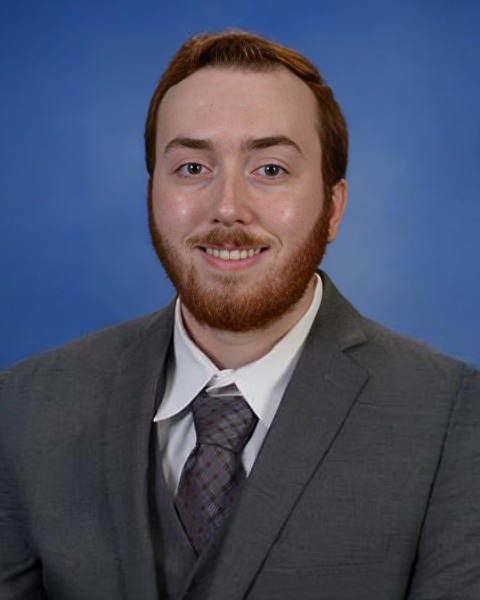Degenerative
Dysphagia Rates between Long-Segment Anterior Versus Posterior Cervical Fusion
Friday, February 21, 2025
7:00 AM - 2:00 AM EST

Nicholas P. Tippins, BS
Research Intern
Goodman Campbell Brain and Spine
University of Notre Dame
Presenting Author(s)
Disclosure(s):
Nicholas P. Tippins, BS: No financial relationships to disclose
Introduction: This study aims to investigate the impact of surgical approach on the incidence of new postoperative dysphagia following long-segment (≥ 3 levels) anterior (ACF) and posterior cervical spinal fusion (PCF) surgeries at 1, 3, and 12 months postoperatively. Patient-reported outcomes (PROs) were also compared between surgical approaches.
Methods: A prospectively collected multi-institutional quality registry was retrospectively reviewed. Patients undergoing long-segment cervical surgery were categorized by anterior or posterior approach, and correlations with preoperative and postoperative Eating Assessment Tool-10 (EAT-10) dysphagia questionnaire scores and PROs were examined. Patients with baseline dysphagia were excluded. Mixed-effects logistic regression was performed to examine the impact of surgical approach on new postoperative dysphagia.
Results: Of the 340 patients meeting inclusion criteria (not having both anterior and posterior surgery), there were 209 ACF patients and 131 PCF patients. ACF patients had significantly better Neck Disability Index (NDI) scores at 3 months (12.4±10.6 vs. 16.1±13.4, p=0.016) and 12 months (10.1±11.4 vs. 13.1±13.2, p=0.044) after surgery. ACF patients reported significantly higher new-onset postoperative dysphagia rates at 1 month (77% vs. 24%, p< 0.001) and 3 months (39% vs. 23%, p=0.006) but not at 12 months (29% vs. 29%, p>0.9). Multivariable regression indicated that anterior surgical approach within long-segment cervical surgery was associated with significantly higher odds of experiencing new-onset postoperative dysphagia at 1 month (OR=7.91, 95% CI=[2.39, 26.2], p< 0.001) and 3 months (OR=3.20, 95% CI=[1.37, 7.46], p=0.007) after cervical spine surgery but not at 12 months (OR=1.52, 95% CI=[0.63, 3.70], p=0.4).
Conclusion : Patients undergoing anterior cervical surgery were significantly more likely to develop new-onset dysphagia up to three months after surgery. However, dysphagia rates at 12 months were similar between cohorts. These findings suggest that dysphagia may be related to structural changes related to the fixation itself, as the esophagus is not manipulated in posterior cervical surgeries.

.jpg)